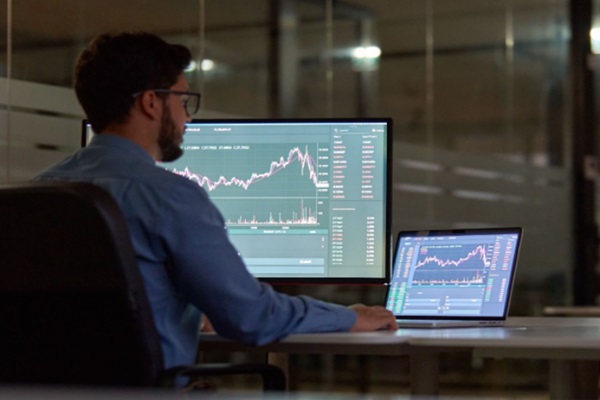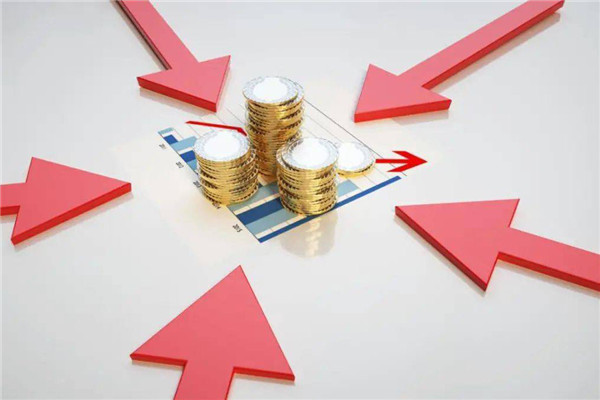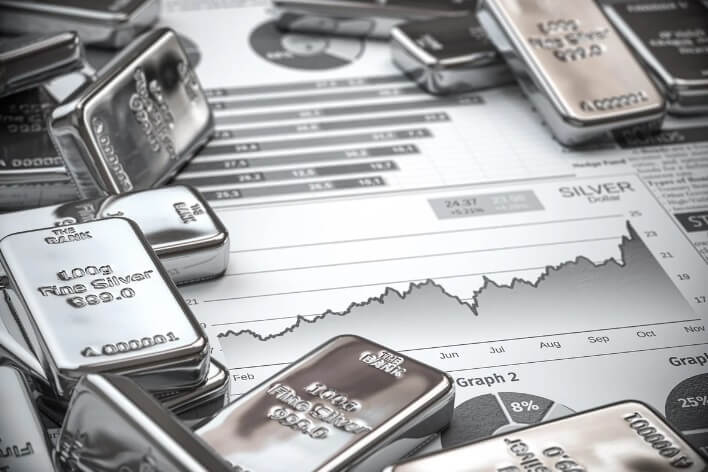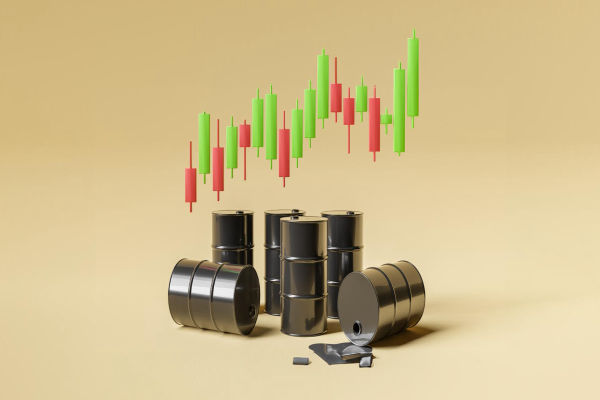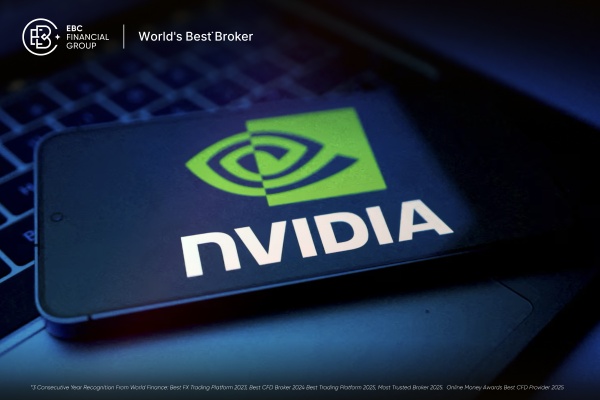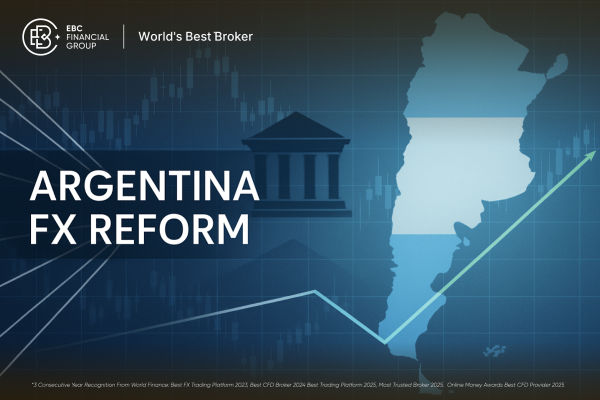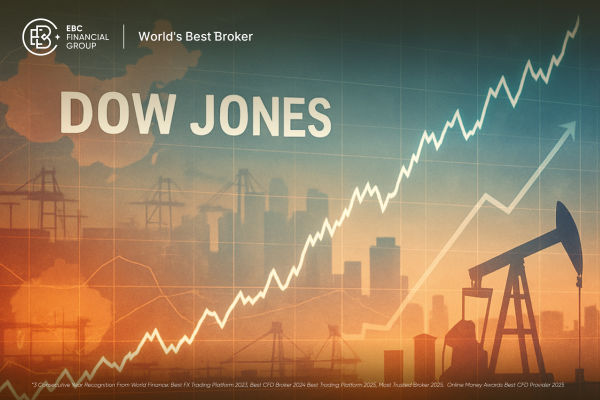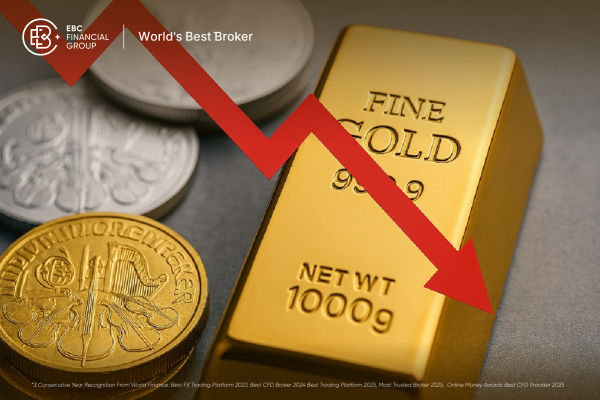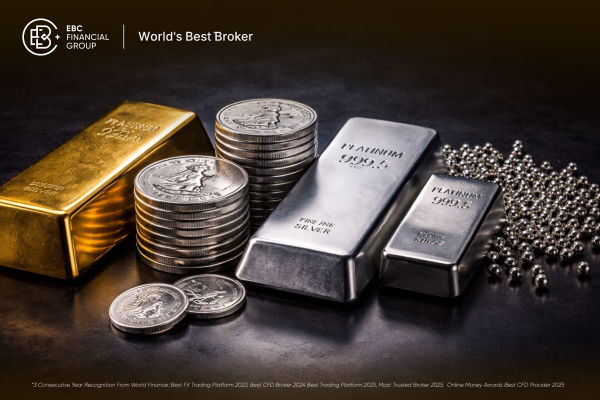Trading in financial markets is an exciting venture that can offer significant rewards, but it's important to understand the different avenues available to you. Two of the most popular markets for active traders are Forex and Futures. Though they share some similarities, they each come with their own set of unique characteristics, risks, and opportunities. In this article, we'll break down the fundamental differences between Forex and Futures trading, explore the benefits and risks associated with each, and provide guidance on how you can approach trading in these markets.
What Sets Forex and Futures Trading Apart?
Forex and Futures trading are often confused, but they are quite distinct in terms of structure and operations. The first major difference lies in the underlying assets being traded. Forex, short for "foreign exchange," is the market where currencies are bought and sold. It's the largest and most liquid market in the world, with a daily turnover exceeding $6 trillion. Traders in Forex are essentially betting on the relative value of one currency against another, such as the euro against the US dollar.
Futures trading, on the other hand, involves buying and selling contracts that represent a specific asset, which could range from commodities like oil or gold, to stock indices or even interest rates. Futures contracts have a set expiry date, and traders are betting on the price movement of the asset before that contract expires. The Futures market is much smaller in terms of daily trading volume compared to Forex, but it offers a broader range of instruments, especially for traders interested in commodities or financial products.
Another key difference is the market participants. In the Forex market, traders are generally individuals, banks, financial institutions, and hedge funds, all trading directly with each other. In the Futures market, however, traders usually operate through exchanges such as the Chicago Mercantile Exchange (CME) or the Intercontinental Exchange (ICE), which provide a regulated environment for buying and selling Futures contracts. These exchanges ensure that contracts are standardised and settled in a timely manner.
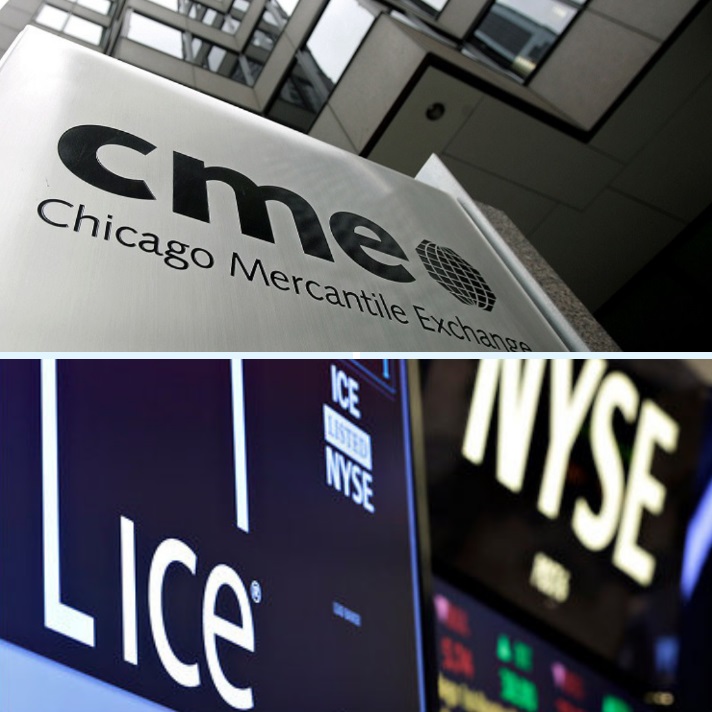
Liquidity is another important factor to consider when comparing the two markets. The Forex market's massive daily trading volume means that liquidity is generally high, making it easier for traders to enter and exit positions quickly without significant price slippage. The Futures market, although liquid, especially for popular contracts like oil or gold, can sometimes experience less liquidity, particularly with less actively traded contracts.
Finally, the trading hours differ between the two. The Forex market operates 24 hours a day, five days a week, due to the global nature of currency trading. This makes it highly accessible for traders around the world, regardless of time zone. The Futures market, by contrast, is also open for extended hours, but it is subject to the operating hours of the exchanges. While some Futures contracts may trade almost round-the-clock, others may have specific hours of operation.
Understanding the Risks and Rewards in Forex and Futures
When it comes to the benefits of trading in these markets, there are clear advantages to both Forex and Futures.
One of the most appealing aspects of Forex trading is its flexibility. The market operates 24/5, giving traders the freedom to trade at almost any time of day or night. The high liquidity and low transaction costs also make it an attractive choice for those who want to trade frequently. Additionally,
Forex brokers typically offer substantial leverage, allowing traders to control a larger position with a smaller initial investment. This can magnify potential profits, but it also increases the risks. With the possibility of higher profits comes the potential for larger losses, so traders must be mindful of how much leverage they are using.
On the other hand, Futures trading offers its own set of advantages. One of the key benefits is the ability to hedge against price fluctuations in commodities, stock indices, or other financial products.
For example, if you are a farmer and expect the price of wheat to fall, you could enter into a Futures contract to lock in the current price and mitigate the risk of a price drop when your crop is harvested. Futures contracts are also standardised, meaning they come with fixed contract sizes and expiry dates, which can make them easier to trade for some individuals and institutions.
However, with these rewards come risks. Forex trading can be extremely volatile, and due to the leverage commonly used, small price movements can result in significant gains or losses. Traders must be prepared for sudden shifts in market conditions and have strategies in place to manage their risk.
Similarly, while Futures contracts offer the potential for large gains, they also carry the risk of significant losses if the market moves against a trader's position. Unlike Forex, where positions can be held indefinitely, Futures contracts have expiration dates, which may lead to forced liquidations if a trader does not exit their position before the contract expires.
Both markets are subject to economic events, geopolitical developments, and natural disasters that can cause sudden price fluctuations. Therefore, traders must be able to react quickly to market conditions and have proper risk management strategies in place.
How to Approach Trading in Forex vs. Futures Markets
For those interested in starting their trading journey, both Forex and Futures markets offer distinct paths. If you are considering entering the Forex market, the first step is to choose a reputable broker that offers access to the currency pairs you are interested in trading.
The Forex market is accessible through online platforms, many of which provide demo accounts for new traders to practice before committing real capital. When trading Forex, it's important to develop a strategy that works within the market's volatile nature, such as technical analysis, which focuses on past price movements, or fundamental analysis, which considers economic indicators and news.
Futures trading requires a different approach. To begin trading Futures, you'll need to open an account with a broker who provides access to Futures contracts. Unlike Forex brokers, Futures brokers usually require a larger initial deposit. The contract sizes in Futures are also generally much larger than those in Forex, so it's crucial to understand the risks involved before diving in. Futures traders often use both technical and fundamental analysis, but they also need to consider the expiry dates and contract rollover processes, which can add a layer of complexity to trading.
One of the main differences between Forex and Futures is the type of strategy employed. Forex traders often focus on short-term trading, taking advantage of small price movements throughout the day. In contrast, Futures traders may take both short-term and long-term positions, depending on the asset and their strategy. Hedging plays a more prominent role in Futures trading, as traders often use these instruments to protect their portfolios from price movements in the underlying assets.
In both markets, successful traders understand the importance of risk management, including the use of stop-loss orders, proper position sizing, and limiting the use of leverage. Understanding your risk tolerance and being disciplined in your trading approach is crucial for long-term success in either market.
Disclaimer: This material is for general information purposes only and is not intended as (and should not be considered to be) financial, investment or other advice on which reliance should be placed. No opinion given in the material constitutes a recommendation by EBC or the author that any particular investment, security, transaction or investment strategy is suitable for any specific person.
